


Crosby, Stills & Nash's Website
Crosby, Stills, Nash & Young's Website
To hear more great music from this
legendary band, get CSN & CSNY CD's at Amazon.com
Biography
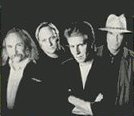
Stephen Stills (vocals, guitar, keyboards, bass; born January 3, 1945)
Graham Nash (vocals, guitar; born February 2, 1942)
Neil Young (vocals, guitar, keyboards; born November 12, 1945)
Crosby, Stills & Nash have remained America's longest-running experiment in vocal harmony and social relevance. The trio brought harmony to the forefront of popular music with their unique three-part vocal blend. A low-key supergroup, they emphasized singing and songwriting above all, and their example contributed to the evolution of the singer/songwriter movement in the Seventies. Born out of well-known groups that placed a premium on harmony, Crosby, Stills & Nash boasted impressive individual credentials before they joined forces in 1969. David Crosby sang and played rhythm guitar with the Byrds. Stephen Stills was a mainstay of Buffalo Springfield. Nash provided the high harmonies that helped make pop sensations of Britain's Hollies. Even with those estimable prior alliances, Crosby, Stills & Nash would become their pinnacle as musicians. |
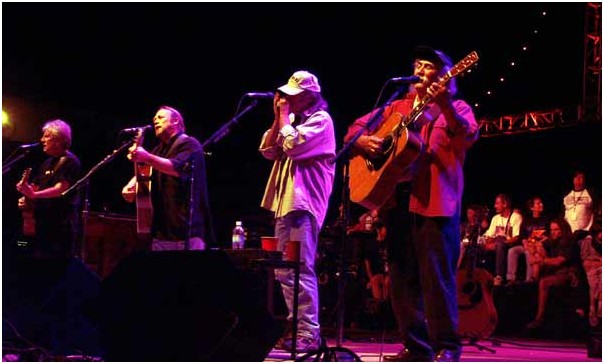
August 23, 1968 |
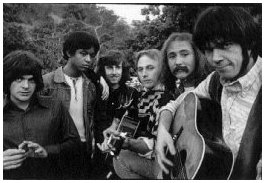
Crosby, Stills and Nash Tour Dates
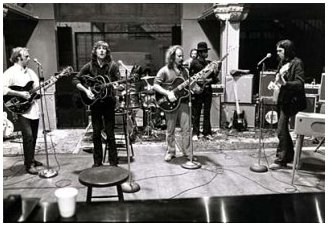
For Concert Dates:
(Click Here)

Discography:
Get them at Amazon.com
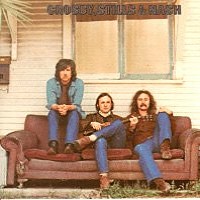
1969 - Atlantic
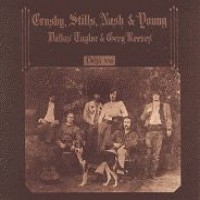
1970 - Atlantic
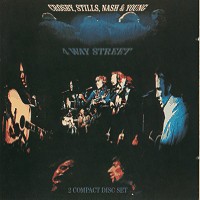
1971 - Atlantic
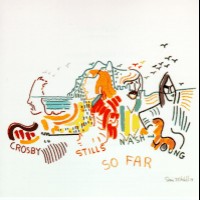
1974 - Atlantic
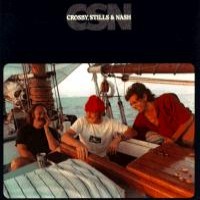
1977 - Atlantic
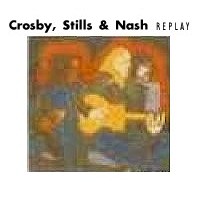
1980 - Atlantic
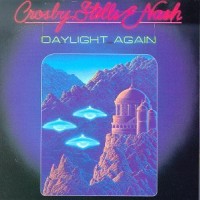
1982 - Atlantic
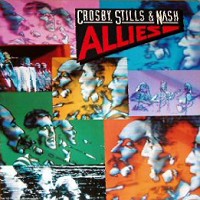
1983 - Atlantic
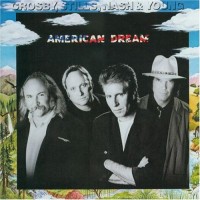
1988 - Atlantic
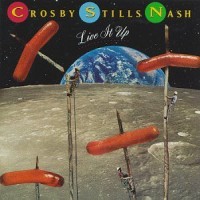
1990 - Atlantic
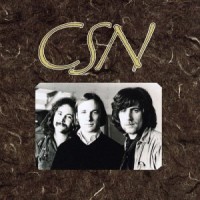
1991 - Atlantic
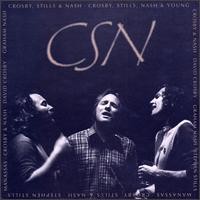
(Box Set)
1991 - Atlantic
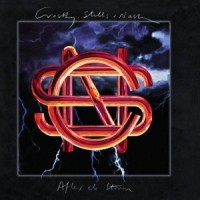
1994 - Atlantic
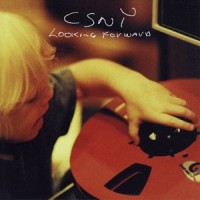
1999 - Atlantic
Crosby - Nash
Graham Nash/David Crosby, 1972 - Atlantic
Wind on the Water, 1975 - Polydor
Whistling Down the Wire, 1977 - Atlantic (Polydor)
Crosby & Nash Live, 1977 - ABC
Best of Crosby and Nash, 1978 - ABC
Another Stoney Evening, 1998 - GD Records
Best of Crosby & Nash: The ABC Years, 2002
Crosby & Nash, 2004
Stills - Young Band
Long May You Run, 1976 - Reprise
David Crosby (Solo)
If I Could Only Remember My Name..., 1971 - Atlantic
Oh, Yes I Can, 1989 - A&M
Thousand Roads, 1993 - Atlantic
It's All Coming Back To Me Now, 1994 - Atlantic
The King Biscuit Flower Hour, 1996 - KB
Live, 2000
Deja Vu (live), 2002
Greatest Hits Live, 2003
Graham Nash (Solo)
Songs for Beginners, 1971 - Atlantic
Wild Tales, 1973 - Atlantic
Earth & Sky, 1980 - Capitol
Innocent Eyes, 1986 - Atlantic
Songs for Survivors, 2002
Stephen Stills (Solo)
Stephen Stills, 1970 - Atlantic
Stephen Stills 2, 1971 - Atlantic
Manassas, 1972 - Atlantic
Down The Road, 1973 - Atlantic
Stills, 1975 - CBS
Stephen Stills Live, 1975 - Atlantic
Illegal Stills, 1976 - CBS
Still Stills: The Best of Stephen Stills, 1976 - Atlantic
Thoroughfare Gap, 1978 - CBS
Right By You, 1984 - Atlantic
Stills Alone, 1991 - Vision Records
Turning Back The Pages, 2003
David Crosby (As a member of CPR)
CPR, 1998
Live At Wiltern, 1999
Just Like Gravity, 2001
The quintescential three to four-part harmony band of our time!
© Association Admiration Aggregation, 1997 - 2021